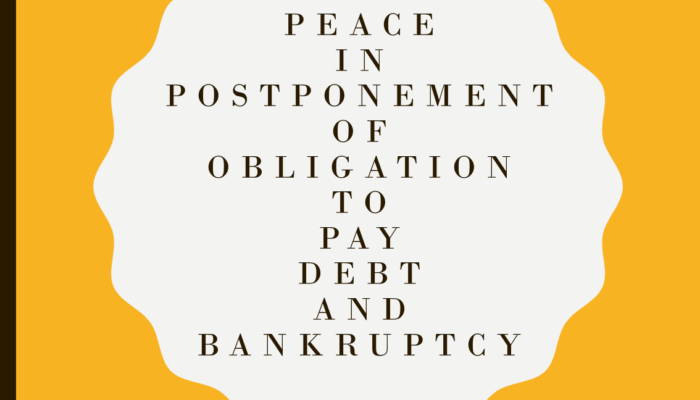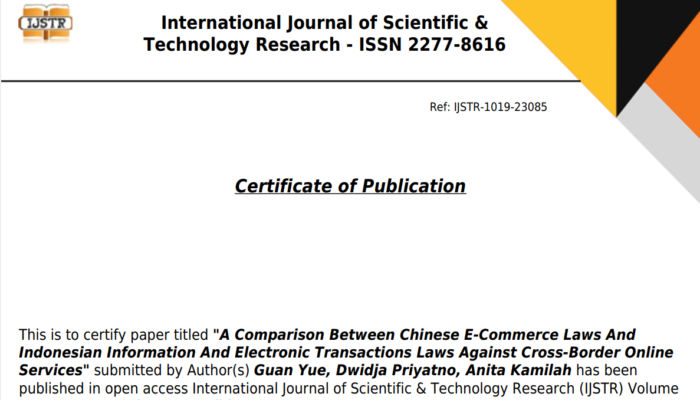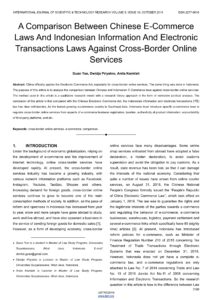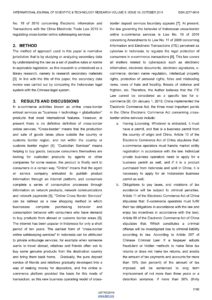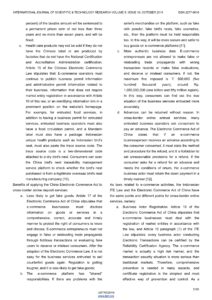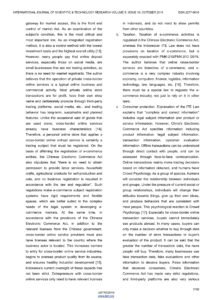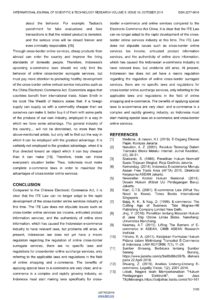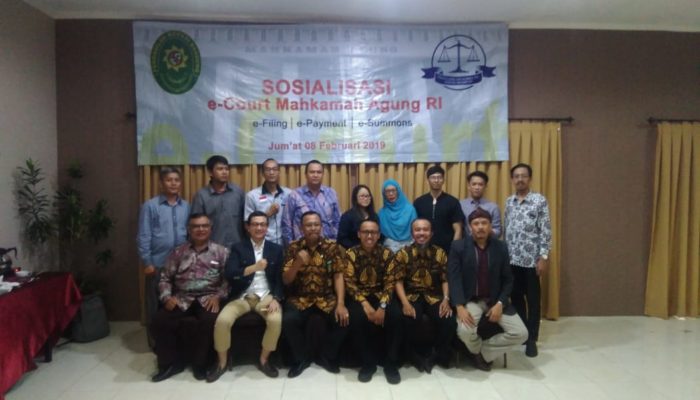Purpose of Designing Business Contracts
Formulate a Contract that can provide legal binding power, as well as provide legal certainty for parties involved in a business / commercial transaction.
The types of trade transactions are becoming increasingly varied and transnational in nature.
Insights on non-legal issues are very important, which can affect the success of a business transaction and fulfill the legitimate expectations of the parties.
Good Business Contract
A good business contract designer must have the willingness and ability to have commercial awareness or understanding of the goals and objectives of a commercial transaction.
A good Business Contract can only be drawn up if a designer can understand:
- Understanding Transaction / commercial awareness;
- Understand economic factors, social & political factors, and other non-legal factors;
- Understand legal provisions, and
- Be able to put in user-friendly legal language.
Conclusion
In preparing a Business Contract, as a good contract compiler, someone must at least:
Trying to understand the interests/peculiarities/characteristics of these business transactions and bring them to the realm of legal thought to then ground them back to the world of business, namely in the form of BUSINESS CONTRACTS
In other words, translating business deals into the concept of “Contract Law”
Inspired by : Dr. Bayu Seto Hardjowahono, SH., LL.M & Ignatius Denny Lesmana



